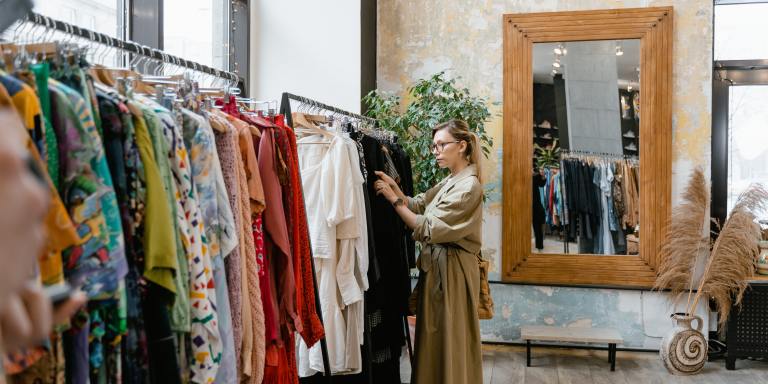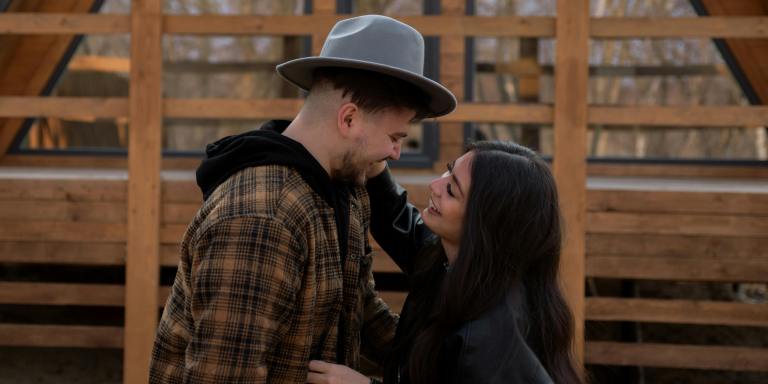
I keep reminding myself this. It’s a hard lesson, wrought with frustration because when people hurt us our first instinct is fuck-you-to-the-moon and back type anger. Get off my lawn with your projections and pure potent BS.
When there are people in our lives that don’t want to stop blaming us for their pains. When they seem to not care a whisper about how hard we tried to offer loving kindness. When there’s nothing left for us to do except to let them go and face the backlash of fury and spite. We’ve all been there, and not reacting and taking offense is undeniably fucking hard. Especially when you really did do your best, but your best will never be good enough.
Unleashing anger on to others only causes more pain for ourselves in the end. Everywhere we look people are offended. Post an alternative article on a popular outlet and witness the personal outcries of the offended. We take the projections of others as if they are a direct attack on us, even more so when it’s someone we know well that’s acting maliciously.
It takes strength and courage to take a step back and remind ourselves: Other people’s reactions are not about us, they are about them.
Our reactions stem from past experiences that lead us to assumptions that we firmly believe as truth.
Bottom line: They might not be truth. They may just be preconceived notions projected onto others in order to protect one’s ego.
The most hurt and traumatized among us will do anything to protect what little self-respect is left. This is how reality becomes contorted. The looking glass morphs into something more like one of those funky mirrors they have in haunted clown houses at the carnival.
People will believe whatever version of reality serves their belief system. If the hurt person’s partner leaves because they were abusive and but they don’t want to face that, they’ll make up a story that they left because they were in love with someone else and cheating on them the whole time. They’ll repeat their version of reality to themselves as many times as is needed to believe it wholeheartedly.
Bottom line: The go-to coping mechanism hurt people embody is to rationalize their reactions by creating stories that make those actions seem A-OK.
“What weakens us is feeling offended by the deeds and misdeeds of our fellow men. Our self-importance requires that we spend most of our lives offended by someone.”
Carlos Castaneda
When you’re on the receiving end of this type of rhetoric your sanity depends on not taking offense. Taking offense is pointless. People unconsciously cast projections of their own self-loathing on to others as a sort of survival mechanism.
If I hold up a mirror every time I shun another person or cast blame, I can clearly see that who I’m really angry at is myself.
If we’re at peace with ourselves, we don’t feel the need to spew venomous emotions on to those around us. But if the opposite is occurring and we’re experiencing constant inner turmoil and self-doubt then it makes sense that we want to feel less alone in our suffering. And so we cause others to suffer. Because nobody wants to be alone at the proverbial pity party.
Drama is highly addictive. It causes a surge of extremely intense hormones to slurp our rational logic through its big ass straw of reaction. It’s easier to react than it is to respond. We cannot respond from a place of logic let alone compassion when cortisol is surging through our bodies and our hearts are closed up in a self-imposed prison cell. We will not find forgiveness from marinating in our hot bath of angry memories and offenses done to us.
Peace only comes when we’re able to get quiet and remember that the pains inflicted upon us weren’t a result of us necessarily. They were a reaction from another person who wasn’t able to respond, and in turn reacted, however their gnarly and deluded reptilian brain saw fit.
Each of us has lived a unique life. We’ve endured our own sets of struggles and successes. Some of us have had life-long stability, and for others walking the path of life has always been wobbly and close to the edge. What we don’t know is the depth of connotations that each person has with different experiences. Tip toeing around another person’s edges out of fear of how they’ll react is no way to live life. Allowing our own ego to get tripped the fuck out when someone projects their word vomit onto us is hard not to do. It’s an ongoing practice of releasing other people’s shit and owning our own.
Like Don Miguel Ruiz describes in his book the Four Agreements, we all have these invisible wounds and we’ll do anything to avoid them being touched. We’ll run as fast as we can from the negative emotions we encounter in ourselves. Dare someone else accidentally touch our wounds, we act as if they caused them. But, they didn’t cause them, and they cannot heal them.
We’ll project as much of it onto others as we possibly can before realizing that they are our wounds and we have the power to heal them. Others can only help us to bring up what we haven’t healed in ourselves.
When we look at it from this perspective, how can there still be blame and fury cast towards those that bring up our shadows? Instead, we could replace our resentment with compassion for ourselves and those who hurt us. Because they are hurt, and unconsciously trying to get others to strengthen their paradigm of pain is the opposite direction of turning towards the path of healing and growth.
I know it’s fucking hard. Reacting is a million times easier than responding. When we feel attacked, it’s instinctual to put our backs up against the wall. But it’s not a long-term strategy for coping with hurt. We need to look at the bigger picture and when we do empathy can exist. Until then, the hurt just spreads like wildfire with a big old bucket of compassion waiting within us to put that fire out. ![]()





